Pakistan-Saudi historic defense pact signals new regional era
Kamran Khan says Riyadh and Islamabad entered a NATO-style pact, marking a new phase in Islamic world’s defense unity
News Desk
The News Desk provides timely and factual coverage of national and international events, with an emphasis on accuracy and clarity.
Pakistan and Saudi Arabia have signed a landmark mutual defense pact that both nations hailed as a new era of strategic partnership, binding their security and stability in an unprecedented way.
The agreement, signed in Riyadh by Saudi Crown Prince Mohammed bin Salman and Pakistani Prime Minister Shehbaz Sharif, declares that any attack on one country will be treated as an attack on both. The arrangement mirrors NATO’s principle of collective defense, making it the first such bilateral pact between two Islamic nations.
Kamran Khan, in his latest vlog, called it “a historic moment that elevates the partnership between the Islamic world’s only nuclear power and its strongest economic empire.”
The pact comes at a volatile moment in the Middle East. Just a week earlier, Israel launched missile strikes in Qatar, home to Hamas leaders and the largest U.S. military base outside America. The incident rattled Gulf monarchies, which have long depended on Washington for security guarantees.
Saudi Arabia informed the United States about the deal with Pakistan, but analysts said the move also signaled a shift. Gulf states, including the UAE and Qatar, may soon seek new security partners, reflecting declining trust in U.S. deterrence.
Following the signing, Saudi Defense Minister Prince Khalid bin Salman tweeted in Urdu, Arabic, and English: “Saudi Arabia and Pakistan will always stand together, forever, in one line against aggression.”
The Saudi daily Arab News carried a front-page photograph of Prince Mohammed embracing Sharif. Social media in Pakistan and Saudi Arabia celebrated the prime minister’s grand reception in Riyadh.
In a joint statement, both nations said their eight-decade-old partnership was entering a new chapter. Saudi Arabia hosts 2.6 million Pakistani expatriates, who sent $7.4 billion in remittances last year — nearly a quarter of Pakistan’s total.
Defense cooperation between the two countries dates back to the 1950s, when Pakistan began sending military missions to train Saudi forces. Over the decades, Pakistan has advised and trained Saudi troops, while Riyadh has extended financial support to Islamabad in times of war and natural disaster.
During the 1971 and 1965 wars with India, Saudi Arabia politically backed Pakistan. In 1974, the Islamic Summit in Lahore under Prime Minister Zulfikar Ali Bhutto and King Faisal projected the vision of an “Islamic bloc,” though both leaders were later assassinated.
In the 1980s, as Saudi Arabia grew into an oil-rich powerhouse, its defense cooperation with Pakistan deepened through joint military exercises and arms procurement. After the 9/11 attacks, both countries worked closely in counterterrorism efforts, even as Riyadh leaned more heavily on Washington for security.
The Yemen war in 2015 tested the relationship, with Pakistan declining to commit combat troops but pledging to defend Islam’s holy sites. Months later, Pakistan’s former army chief, Gen. Raheel Sharif, was appointed to lead the Saudi-led Islamic Military Counter Terrorism Coalition.
Details of the new pact remain undisclosed, but its NATO-style clause has already alarmed adversaries. In New Delhi, India’s foreign office acknowledged awareness of the agreement, saying it was monitoring developments.
Former U.S. envoy Zalmay Khalilzad questioned whether the deal was a reaction to Israel’s attack on Qatar or confirmation of long-rumored Saudi involvement in Pakistan’s nuclear program. He also asked whether the agreement contained secret annexes that could alter regional deterrence.
“Pakistan has weapons and missile systems capable of reaching Israel,” Khalilzad wrote on social media, adding that the country is developing technology that could target even the United States.
Michael Kugelman, a South Asia analyst, noted that while the pact may not deter India directly, it bolsters Pakistan’s confidence. “With China, Turkey, and now Saudi Arabia firmly aligned with Islamabad, Pakistan stands in a stronger position,” he said.
Khan said the agreement elevates Pakistan’s global standing but also raises critical questions. “What will Pakistan gain from this pact? And to what extent will it commit itself to defending Saudi Arabia?” he asked.
While Saudi Arabia appears to have secured Pakistan’s military strength, it remains unclear whether Pakistan has extracted firm economic guarantees in return.
For now, the deal marks a rare convergence of economic power and military strength in the Muslim world, setting the stage for a new security order in the Middle East and South Asia.


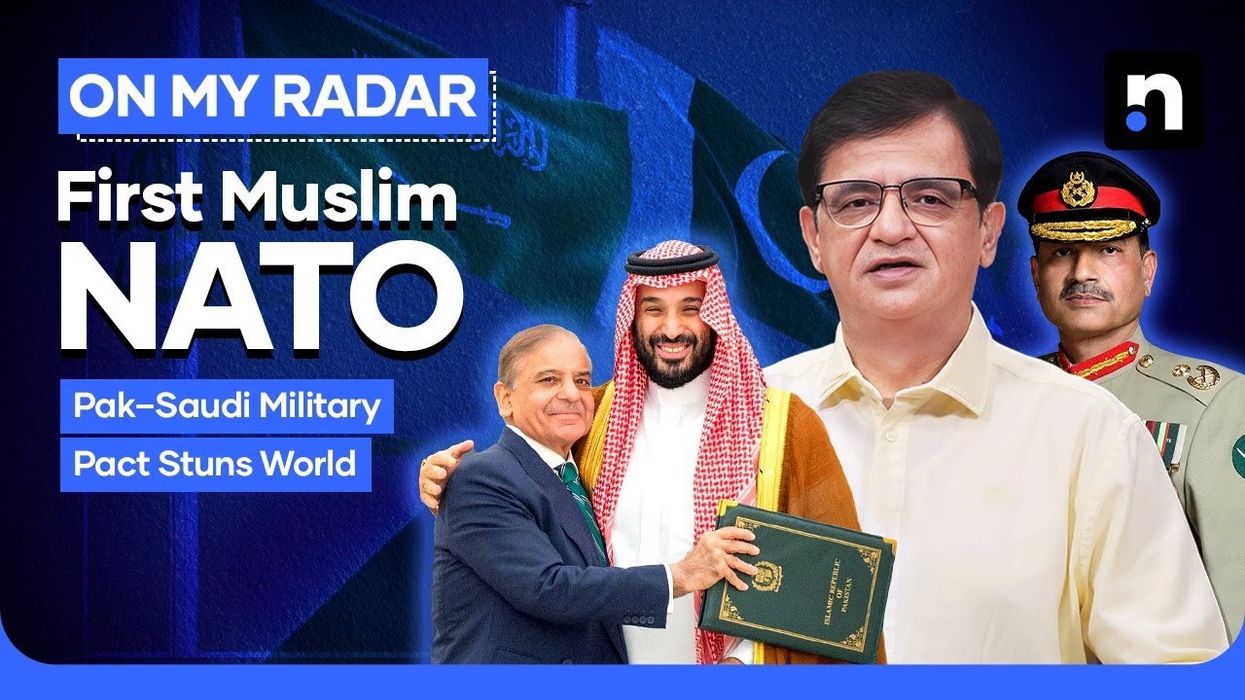
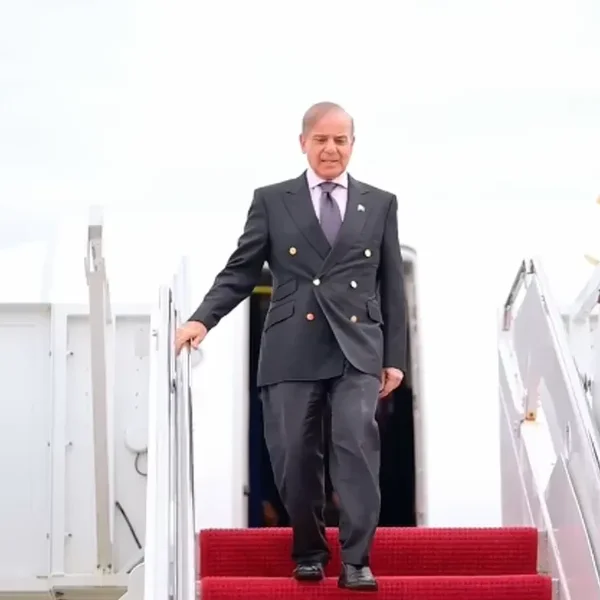

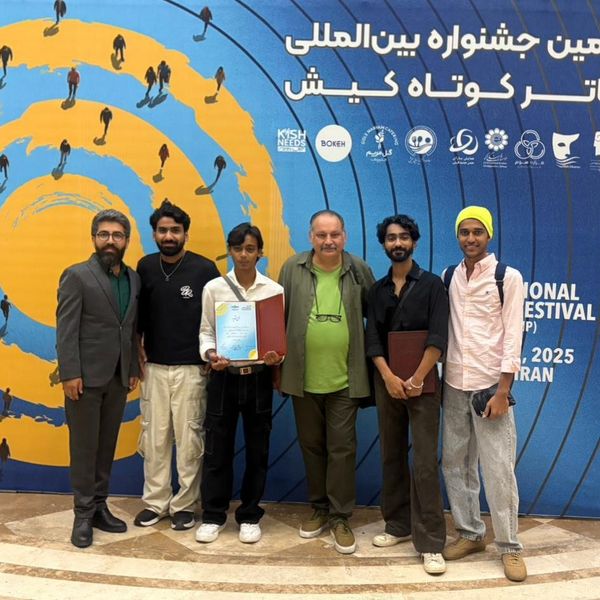
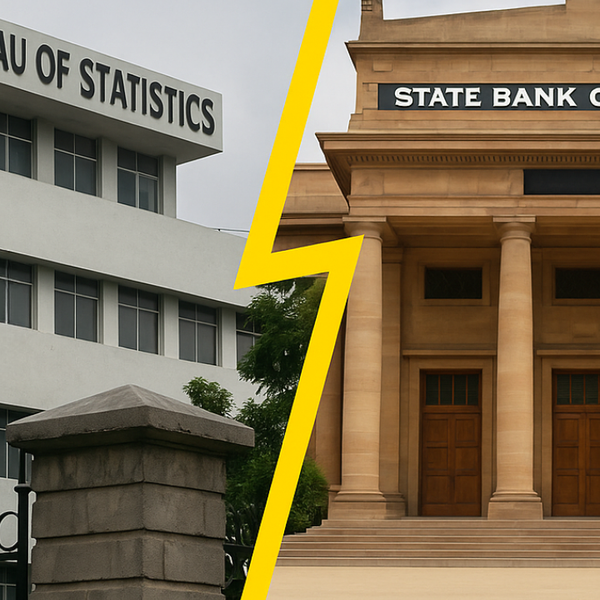
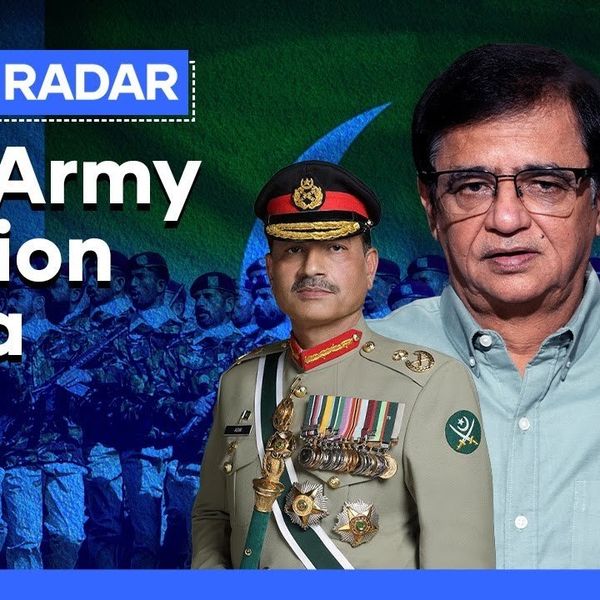

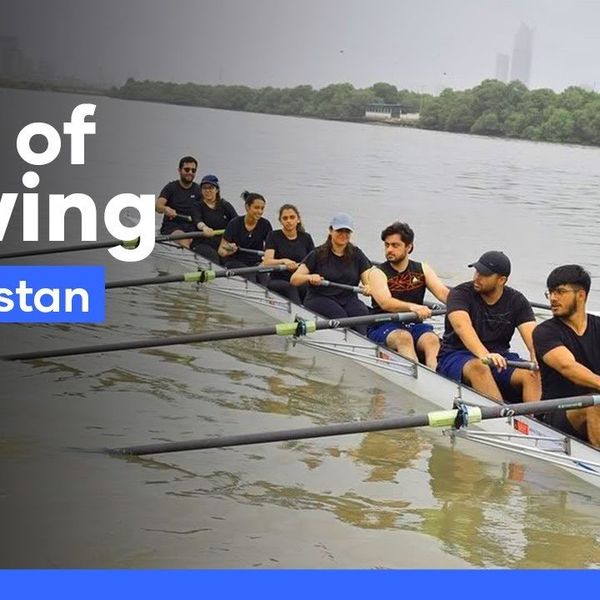

Comments
See what people are discussing